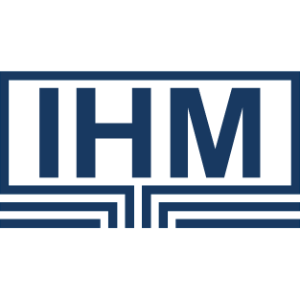Company type
TU Dresden, Institut für Halbleiter- und Mikrosystemtechnik (IHM)
Target markets
Industries
Portfolio
Certificates

Contact
01187 Dresden
Contact Person
About this member
About the Institute:
At the institute for semiconductors and microsystems technology (IHM) of the Dresden University of Technology: (TUD) three professorships are linked closely together:
- Semiconductor Technology (HLT) – Prof.Dr.rer.nat. Johann W. Bartha
- Microsystems Technology (MST) – Prof.Dr.-Ing.habil. Wolf-Joachim Fischer
- Optoelectronics Devices and Systems (OES) – Prof. Dr.-Ing. H. Lakner
The professorship „Semiconductor Technology“ is dedicated to the education, research and development for integrated circuit manufacturing. A focus within this field is the Back End of Line (BEOL) or on chip interconnect technology, which covers the wiring on the chip from the transistors to the contact pads.
Design, simulation, fabrication and qualification of microsystems is covered at the professorship “Microsystems Technology”. Here the topics centre on organic semiconductor devices, intelligent sensors, gas sensors, SAW devices and self sufficient power supply.
The professorship „Optoelectronics Devices and Systems“ covers the education research and development on design, manufacturing and application of MOEMS (Micro Optoelectromechanical Systems) as well as OLED (Organic Light Emitting Diodes).
Numerous research projects in cooperation with industry partners demonstrate the competence of our institute especially in the treatment of applied topics. A recently finished Clean Room Lab (400 sqm Clean Lab Space) enables the processing of wafers (Lithography, Vacuum Deposition- and Etch incl. Atomic Layer Deposition, Electrochemical Deposition, Chemical Mechanical Planarization) at a high quality standard.
